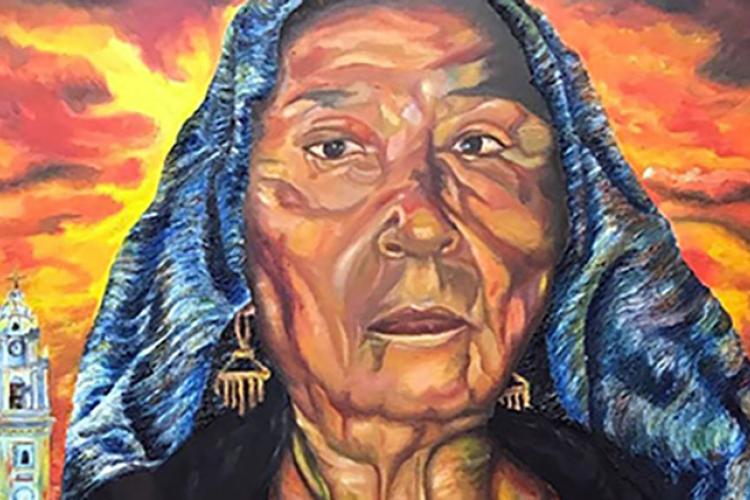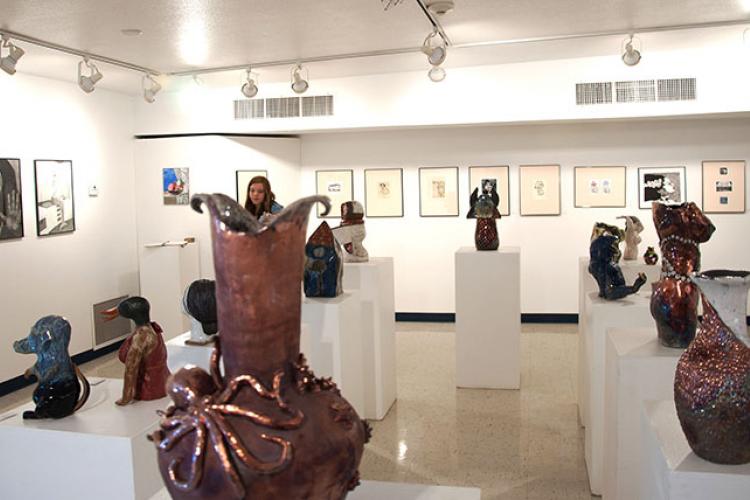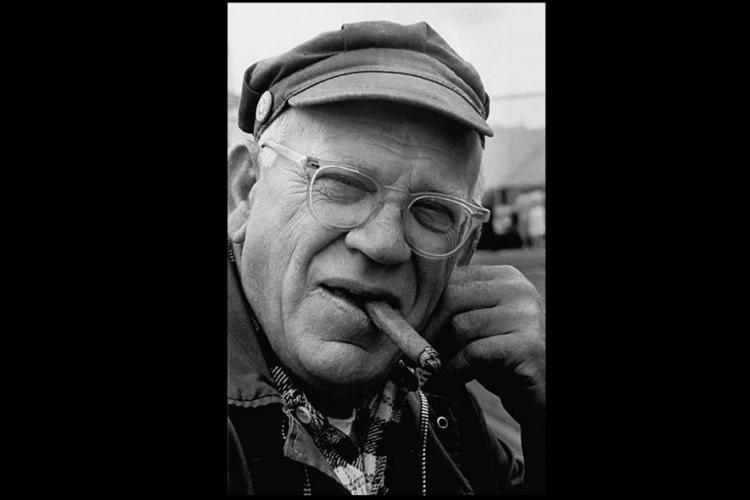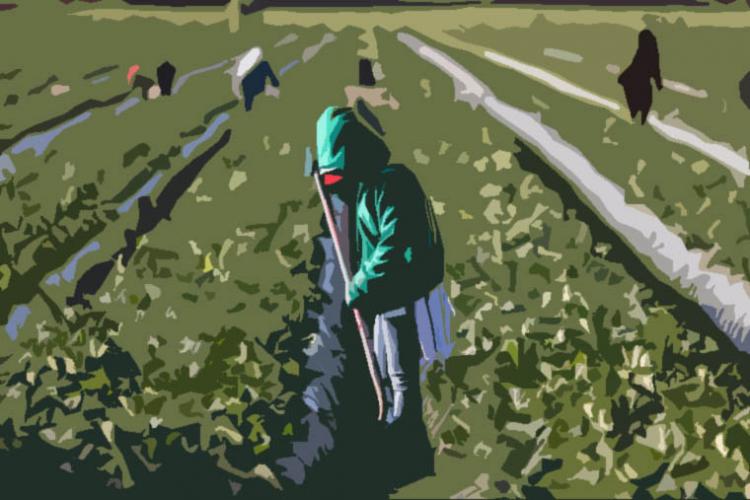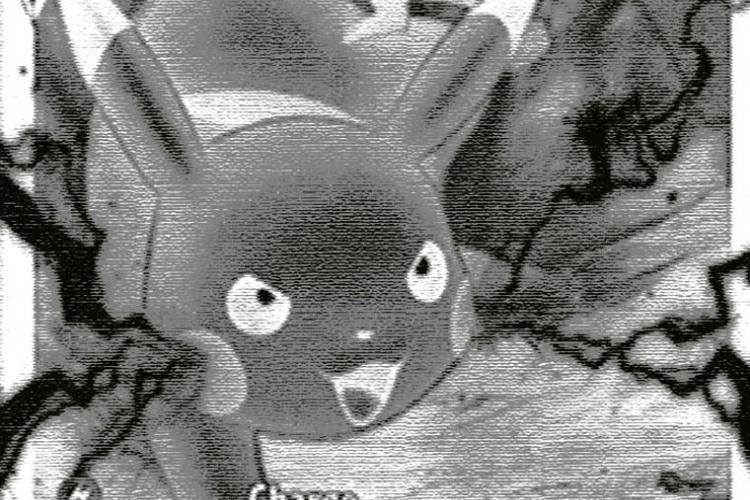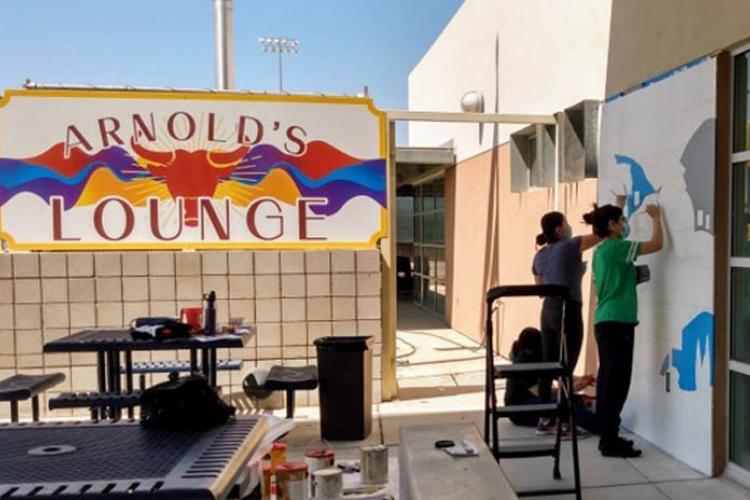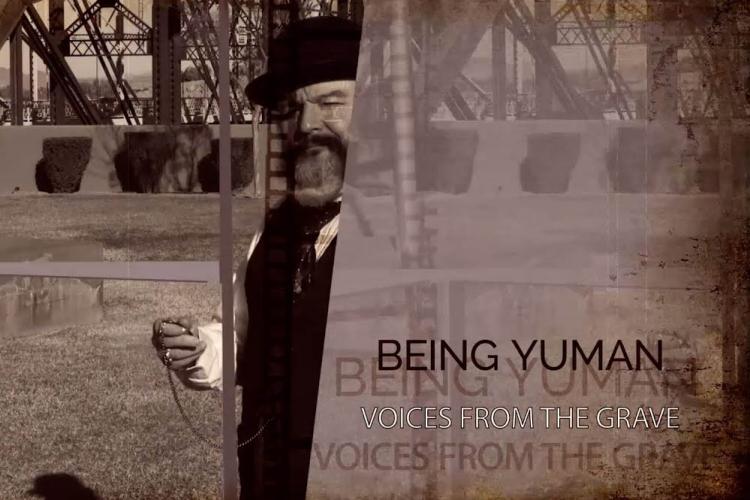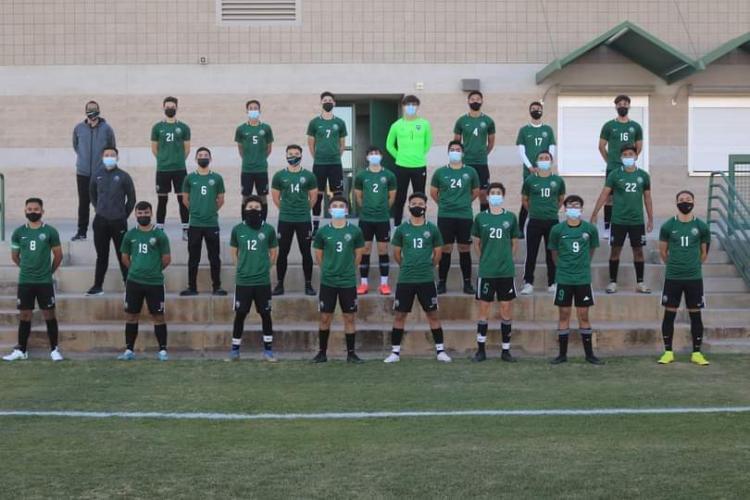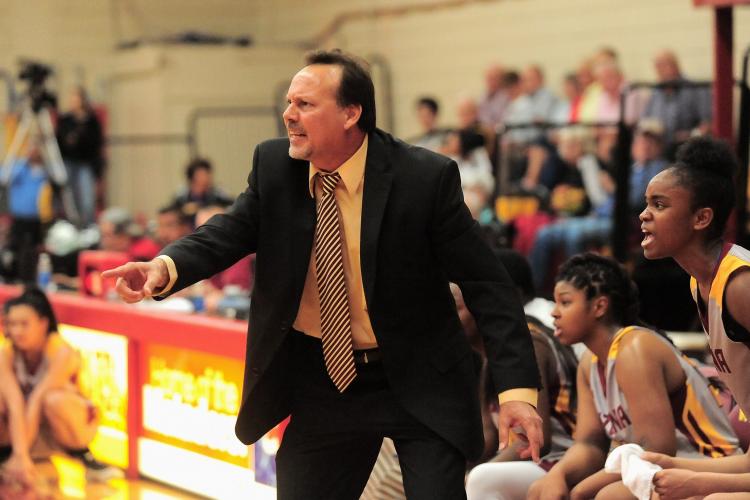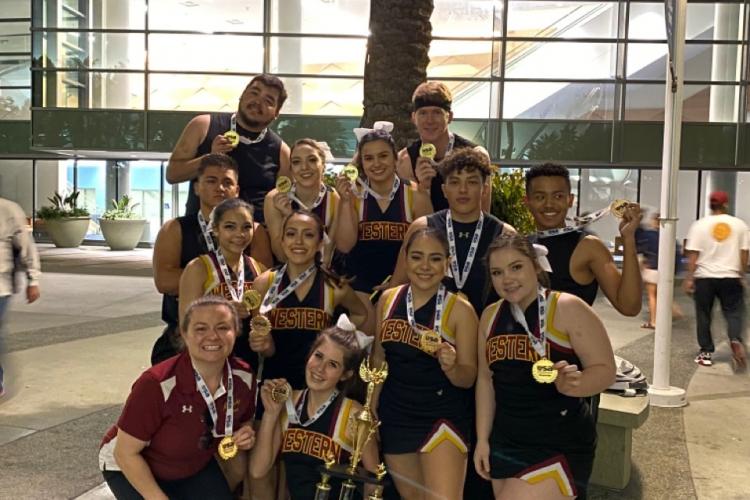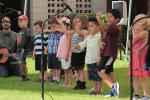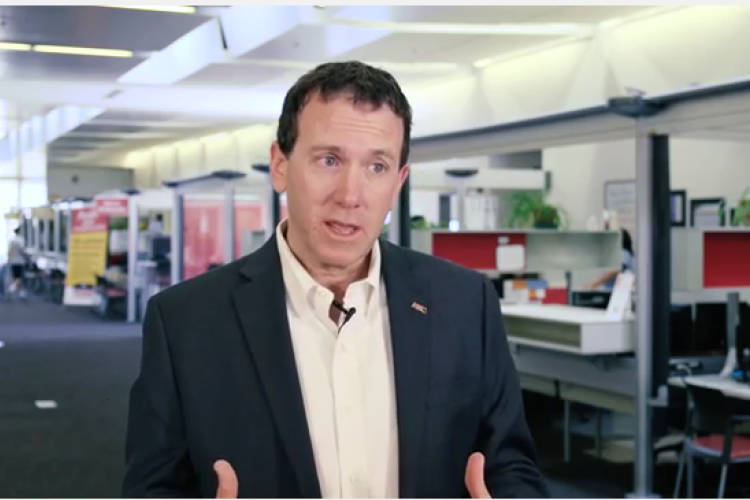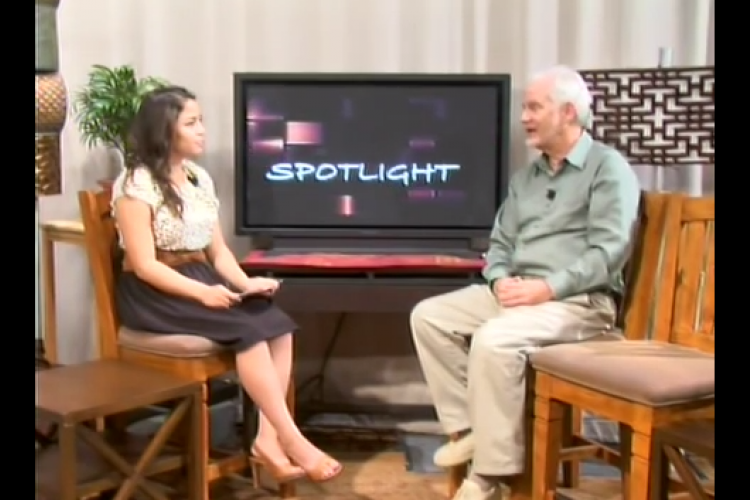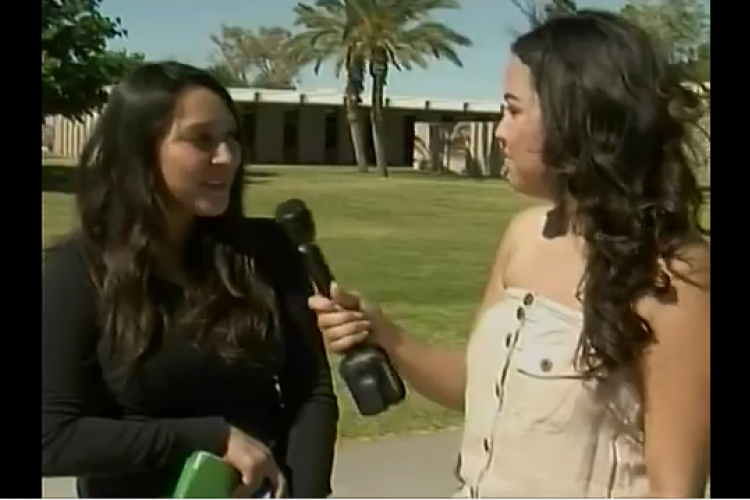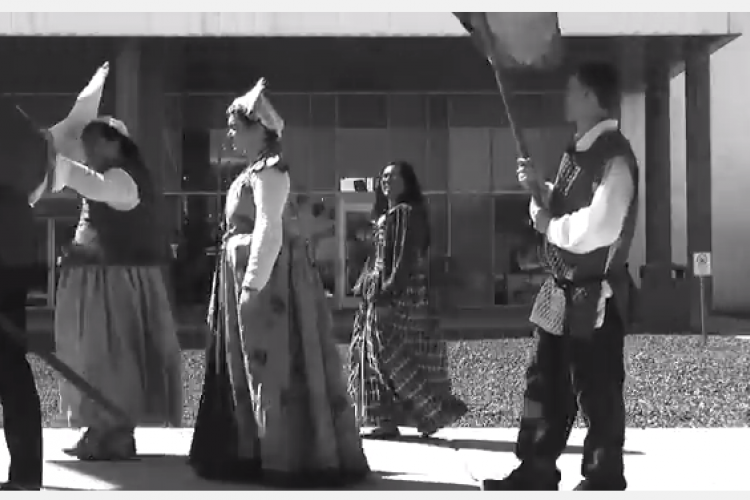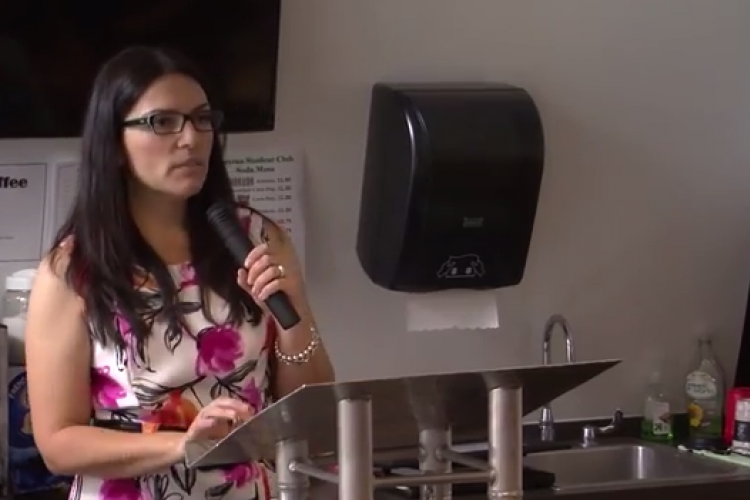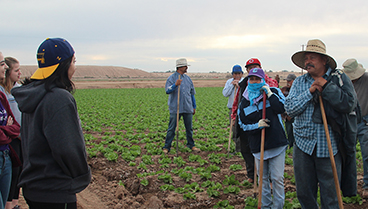
By Pam Black
An enthusiastic group of students and staff from the main campus of Northern Arizona University recently journeyed down off the mountain to visit the Yuma Valley, the so-called Winter Vegetable Capital of the World, to further their knowledge of agriculture, immigration and related social issues.
Two NAU classes made the field trip on Feb. 19 and 20, with stops at the campus of Arizona Western College, the border communities of Yuma, Somerton and San Luis, various local farms in between and the U.S.-Mexico border itself.
A holistic program
The NAU Sustainability Program is a broad field of study encompassing classes that focus on environmental, cultural, economic and social sustainability, or that simply include a component on those topics. For the recent field trip, two of the First Year Seminar courses in this program, numbered FYS 121 (Just Food and Slam Poetry, Art & Activism), joined forces to better understand the culture of food production and its related social and political issues on the southern U.S. border.
The Just Food seminar, taught by NAU professor Kimberly Curtis, promotes an understanding of issues facing the people responsible for food production from planting to harvesting, and on the relativity of immigration issues. The Slam Poetry, Art and Activism seminar, taught by NAU professor Michele James, provides a forum for students to express their experience in various artistic mediums such as art, poetry and music.
Upon their return to Flagstaff, the students will engage in an interpretative reflection on their experience with visiting artist Shawn Skabelund to create a visual rendering of their trip.
A regional overview
During their time in Yuma, the students participated in a wide range of activities that provided an in-depth understanding of the subject matter.
The trip began on Friday morning with the Field-to-Feast Agriculture Tour, sponsored by the Yuma Visitors Bureau in conjunction with local growers and the University of Arizona Agriculture Department. A tour bus provided comfortable seating while the students traveled from field to field with a local grower, who provided commentary on what they were seeing. Afterwards, the bus brought them to the AWC campus for a lunch consisting of fresh food harvested from the local fields and prepared by Culinary Arts students.
Later in the day, the group met with Emma Torres from Campesinos Sin Fronteras in Somerton. Torres commented on her work with the community, her experiences as an immigrant to the U.S. and services provided by her non-profit organization.
In the evening, representatives from the Yuma County Interfaith group provided an informative discussion about their role in helping potential immigrants acclimate to life in this country.
Hands-on experience
Early on Saturday, the group traveled to the border to witness first-hand workers crossing the port of entry to go to work in the fields. The students had time to interact with them, asking questions and generally getting a feel for the life of a field worker.
Next the group traveled to the fields to watch a crew harvesting lettuce. A few brave students even participated in manual weed eradication.
In the afternoon, students met with members of the U.S. Border Patrol for an overview of the agency's activities and for the chance to ask questions about immigration and its effects on field workers.
Next on the agenda was a trip to the high school in San Luis, Ariz., to view murals painted by students reflecting their life in a border town. Because many of these high school students are first-generation Americans, their art reflects the integration of their old and new cultures.
The evening meeting brought together our travelers in a "word pool" session guided by Professor James, at which they reconstructed their recent experience by gathering words that succinctly expressed their feelings about it.
Living testimony
Here is what several of the students had to say about their trip:
"I learned so much," freshman Alyssa Anderson said of the NAU Sustainability Program. "Even though I am a small person, they teach us that we are significant and that I still can make a difference in the world even if it's hard to believe."
"Most of the time the media try to dehumanize migrant workers," said MarleyMae Webster, a sophomore in Forestry and Wildlife Management. "I've learned that they are human just like any other people."
"Coming from the general population of Americans, I only get what the media feeds me," said Carlie Bradley, a freshman studying Sociology. "I think that getting the facts rather than the propaganda helps me to form my own opinion on the issues."
"The most moving thing is that one of the workers said he didn't want sympathy, he just wanted to be person, to be understood, so workers can be appreciated," said Nick Ondrejch, a freshman studying a combination of Public Health, Biology and Fire Sciences. "The man said, ëI'm not ashamed of what I do.' He felt proud that he was able to make money for himself and his family and that he did not have to ask for anything."
Vanessa Angel, a freshman in Psychology, Criminal Law and Criminal Justice, felt that the perspective she achieved was invaluable.
"My Dad taught me principles -- to be humble and thankful for what we have and to treat other people with respect," Angel said. "Hearing these workers speak made me value my Dad's teachings.
"I loved the entire trip," she added. "There was always something to be learned."
For these young people, what had previously been only an abstract idea was now brought into reality, and this total-immersion experience will help guide them through the rest of their college years and into the working world. These are definitely classes that current and future Lumberjacks will want to consider including in their program of study.
Photo by: Michele James

